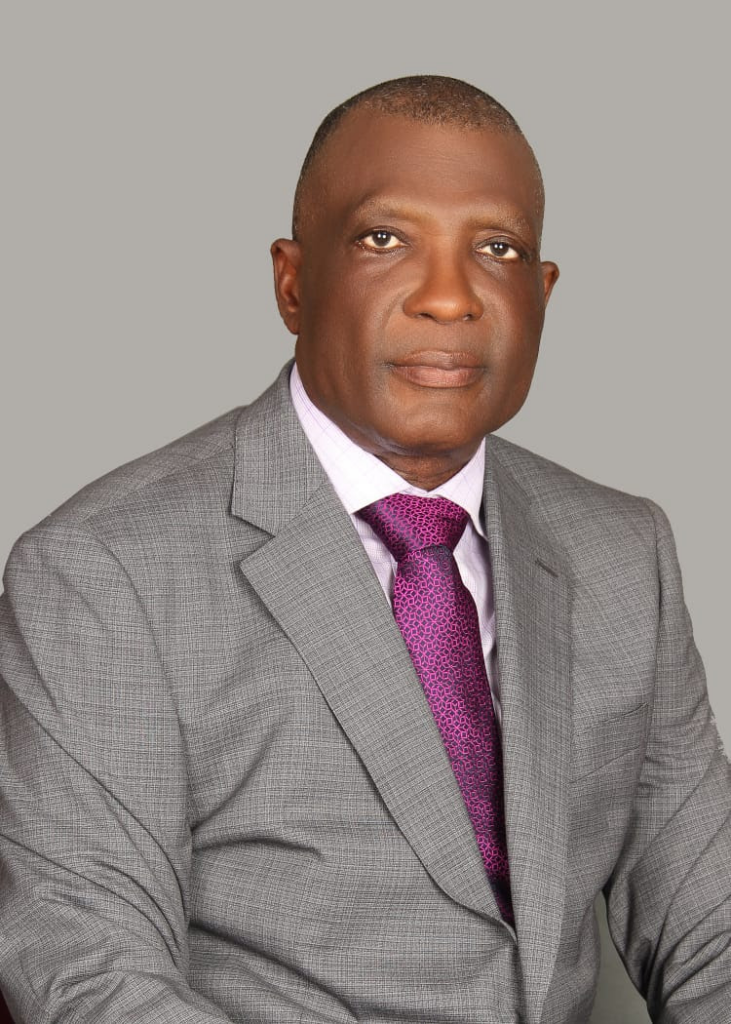H.E. Dr Amani Abou-Zeid spoke today at the International Forum for Energy Transition 2020 held under the theme “Sustainable Development in the Post-COVID-19 Era” hosted by State Grid Corporation of China in collaboration with World Economic Forum.
The aim of the Forum was to discuss how to accelerate a clean energy transition through sustainable development, benefitting the economy, society and the global energy system.
In her keynote speech, H.E. Dr Amani Abou-Zeid confirmed the pivotal role energy plays in Africa’s lives and economies as well as being a vital underpinning of Africa’s response to the effects of the crisis to build resilience and help recovery: From powering healthcare facilities, schools, and supplying clean water for essential hygiene, to enabling communications and digital services .
She reminded that one should never lose sight that still more than half of African population (600 million) are not electrified and that 870 million Africans are without access to clean cooking and that many women and girls die from breathing cooking smoke.
This is happening in a Continent that is richly endowed with energy sources. Thus, considerable work is underway in a sustainable manner using all available resources to bridge the serious energy gap in Africa soonest.
AU commissioner Dr Amani Abou-Zeid called for a greater need for international collaboration to build an inclusive, sustainable and resilient energy future for people and the planet.
“As in other parts of the world, Africa has not been spared from the effects of COVID-19, which has shown us the critical role of energy particularly in supporting health and other social infrastructure”, noted Dr Abou-Zeid
Talking about the actions taken by AUC to ensure a sustainable economic recovery and to increase energy investments in Africa over the next years, the Commissioner spoke about the comprehensive African Energy Transition Programme designed by AUC with an overall vision of ensuring a strong continental energy system based on renewable energy sources supporting a strong manufacturing sector to spur economic growth, support livelihoods and create jobs.
She also highlighted the energy COVID Response and Recovery Action Plan approved by the African Energy Ministers and established to help address the response and recovery impacts induced by COVID. A multi-pronged approach is envisaged and includes pursuing investments in an integrated energy infrastructure with both centralized and decentralized energy systems as priorities.
To increase energy investments over the next three years, Commissioner Abou-Zeid stressed the need to leverage both public and private investments. To attract these investments, the AU is undertaking harmonization of policy and regulatory frameworks to create a conducive business environment for a vibrant energy market in the Continent to tap into the enormous resources that the Continent has. The AU is also supporting the provision of incentives and risk mitigation measures on specific resources including for geothermal resources.
“Through collaboration with various partners, a lot has been achieved in developing the sector by tapping into each other’s strengths. It is, however, important to ensure that the partnerships result in win-win mutually benefiting relationships with concrete results on the ground”, said Dr Abou-Zeid
Commissioner Abou-Zeid called partners to work together to provide matching contributions to revolving funds dedicated to energy efficiency to complement initial financial streams such as savings from reducing subsidies or local capital. In addition to providing a green guarantee mechanism to incentivize private sector investment in resilient clean energy projects to accelerate a green recovery in order to accelerate utilities’ transition toward modern, clean technologies.
The Conference presented a global vision for the transition to a more sustainable, inclusive and affordable post-COVID world including a perspective on progress, the barriers and ways to build consensus that could accelerate the transition.












